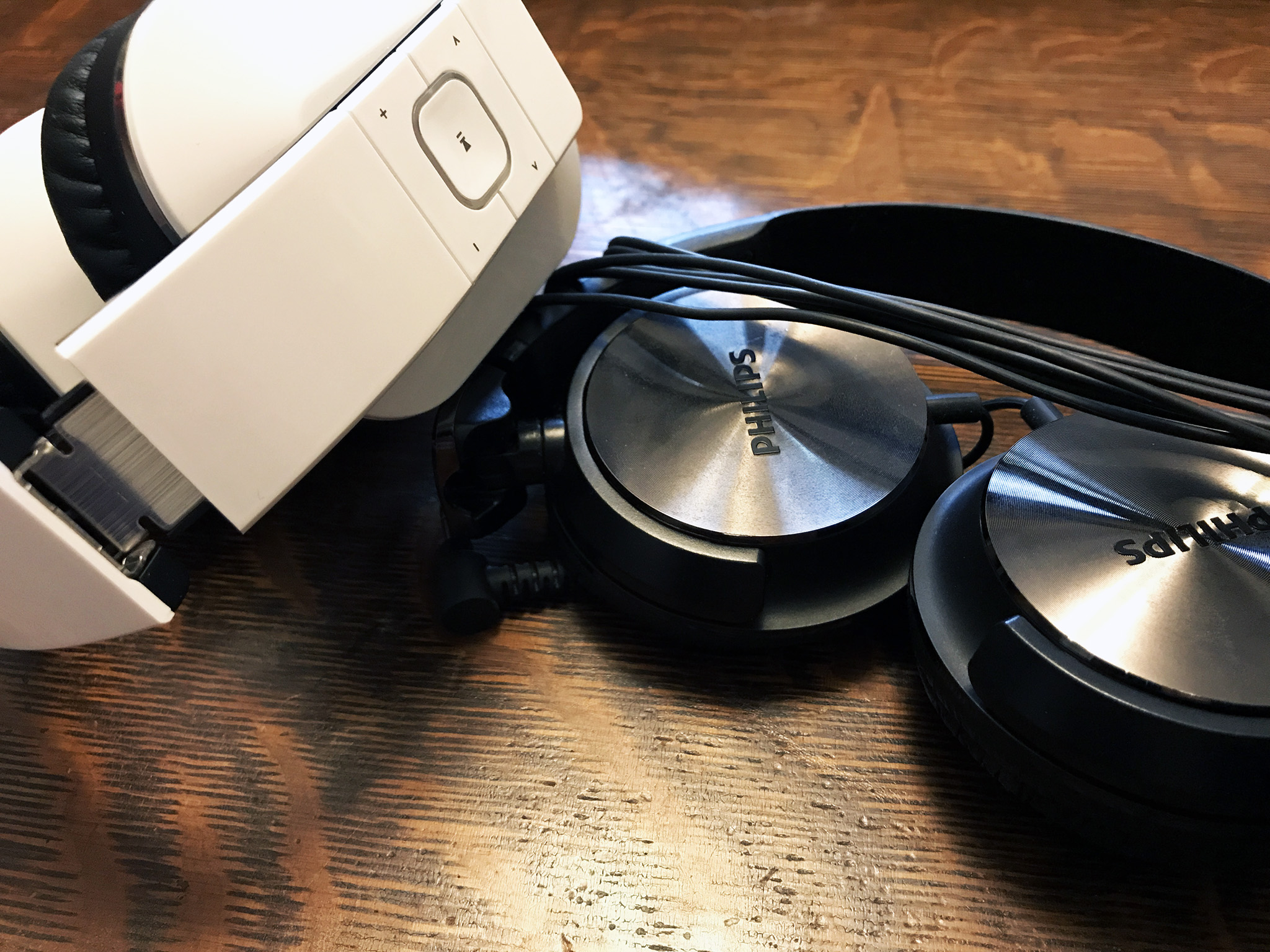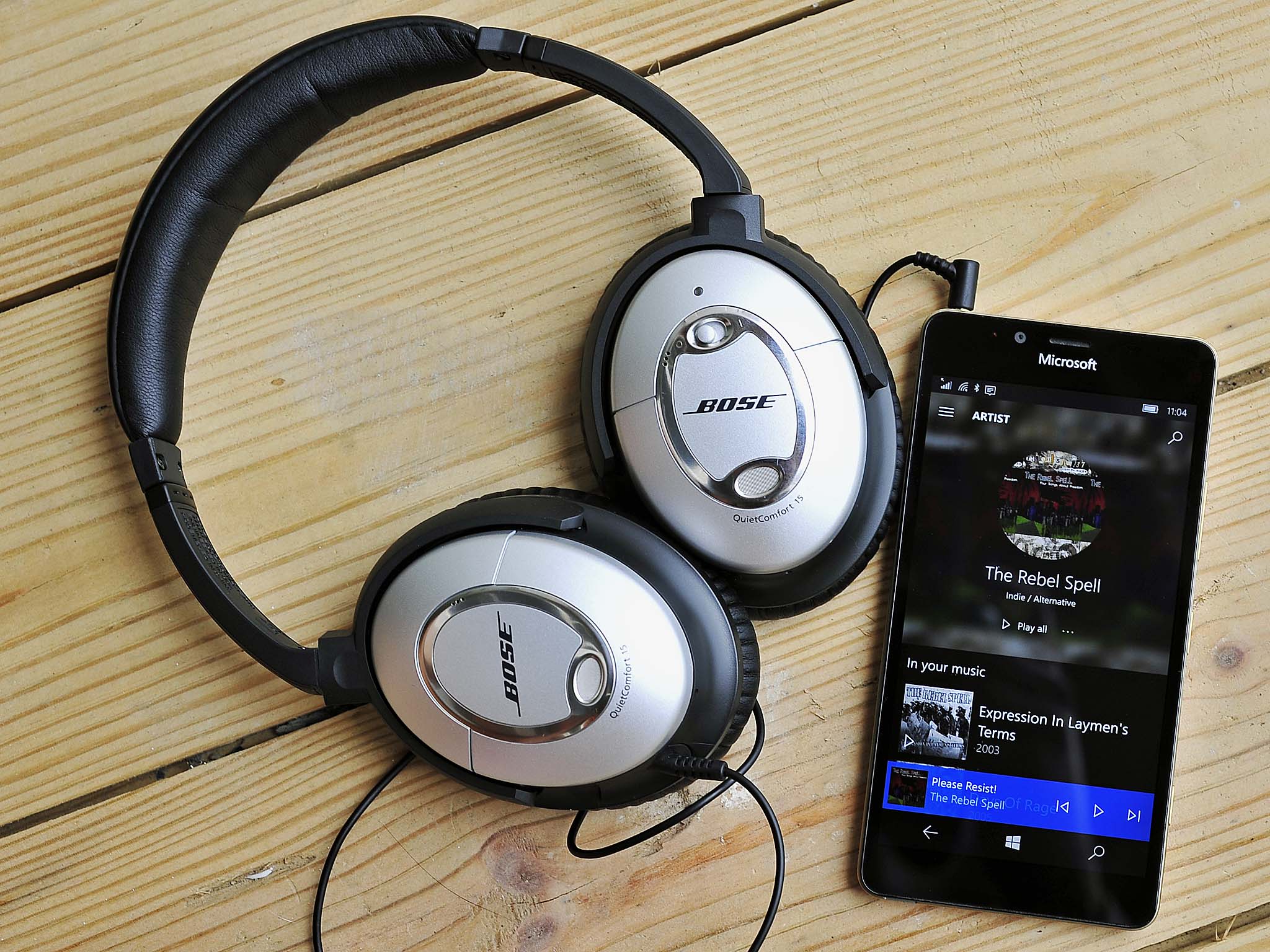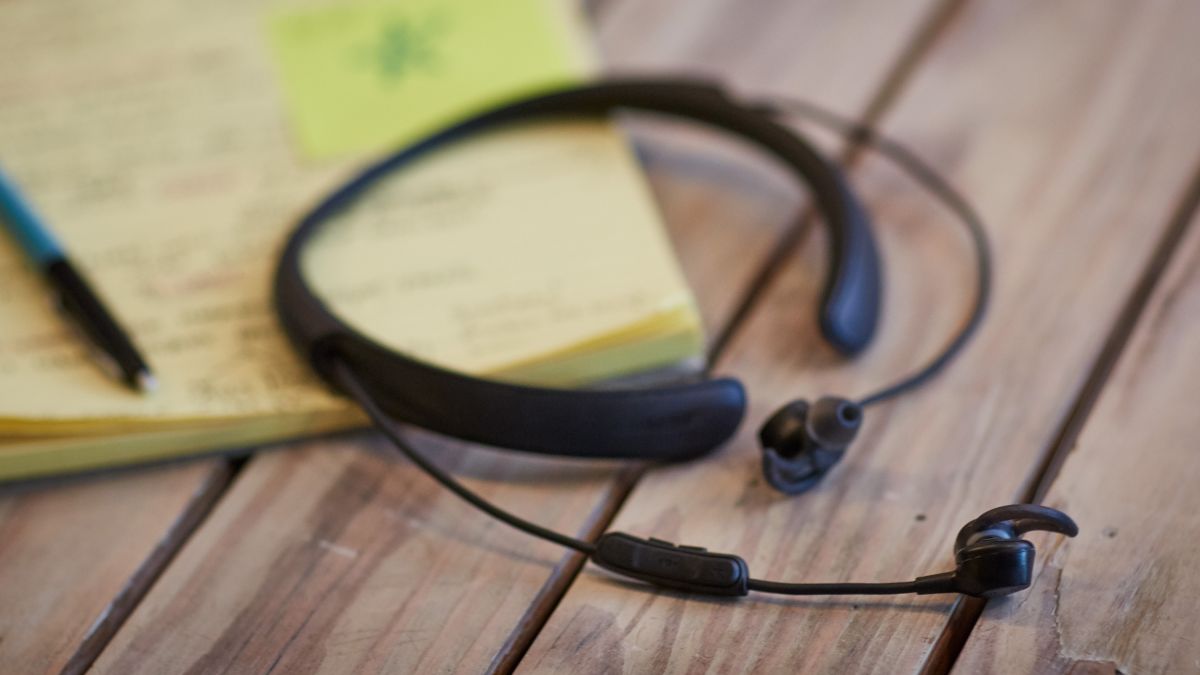Wired vs Wireless: Which headphones should you get?

A good pair of headphones will last you years if you take care of them properly, so you want to make sure you invest in the right type. One of the biggest questions people think of when buying a new pair of headphones is whether or not to go with wireless Bluetooth or stick with a wired pair. Both options have merit, and depending on how you intend to use your headphones, one or the other may be better suited to your needs.
I have used several pairs of both wired and wireless headphones and will walk you through a few of the big pros and cons of each to help you make a well-informed decision.
Sound Quality

The difference in sound quality between Bluetooth headphones and wired headphones has lessened over time; however, some diehard audiophiles still believe a wired connection sounds more "authetic" than a Bluetooth connection. It is true that Bluetooth can only handle so much information across it's signal, and that is less infromation than a standard wired connection; however, most people probably wouldn't know the difference.
Bluetooth headphones generally support a maximum of 768 kbps while standard wired headphones can handle up to 2,304 kbps, depending on the output ratio and the device it is sending the signal through. So, yes, technically, wired supports better quality sound than wireless, but most digital audio files are only 256 kbps, and even the highest quality bitrate files are about 320 to 521 kbps.
The biggest difference in sound quality, on both wired and wireless headphones, is going to depend on the brand and the quality. Different manufacturers design headphones with different equalization (or EQ) levels. For example, Beats come pre-installed with levels that are intentionally EQ'ed for heavy bass, wireless and wired. Blue offers manual EQ-ing directly on its wired and wireless headphone line, so you can made adjustments based on what you're listening to.
Sound quality does differ between wired and wireless headphones, but if you're listening to digital music, chances are, you aren't going to notice the difference, anyway. Listening to music on vinyl... now, that's another story.
Complete freedom… at least in theory

There is nothing quite as freeing as having a pair of Bluetooth headphones. Connecting your headphones to your phone, computer, or tablet and having the freedom to walk away 50 feet away while still hearing everything is intoxicating. It makes practically every task easier.
Master your iPhone in minutes
iMore offers spot-on advice and guidance from our team of experts, with decades of Apple device experience to lean on. Learn more with iMore!
How many times have you been listening to your music with wired headphones only to accidentally rip them out of your ears on the corner of a table or a doorknob? You don't have to worry about obstacles getting in your way, meaning you're free to do anything you want. Chores around the house, working out at the gym, and even listening to a podcast in bed has been made much easier with Bluetooth headphones, because I don't have to deal with a long cords getting tangled or caught in anything.
Unfortunately, there is a drawback to the complete freedom that Bluetooth headphones offer, and that's battery life.
Regardless of how long the battery life is rated on your pair of Bluetooth headphones, when it runs out, you'll be out of luck. Now, I know you're going to be quick to point out that lots of Bluetooth cans come with a 3.5mm cable and can be used wired, and you'd be right. But, I dare you to remember to carry around that cable with you everywhere you go in case you get stranded with no juice. It's not as easy as it sounds, I have often run out of power on my Bluetooth headphones, and it's infuriating.
The fact of the matter is Bluetooth headphones need charging, and you need to remember to do it. Plus, running out of battery life in the middle of your favorite tune during an intense workout is a whole new level of disappointment that no one should have to experience.
Your present device and future devices

It's essential that you think about what device you want to use your headphones with, both now and in the future, when planning on purchasing a new pair.
The latest iteration of the iPhone saw Apple getting rid of the standard headphone jack, and other phones companies like HTC are following suit. It may become harder and harder to find a phone that can support a 3.5mm wired connection going forward. If your phone is the primary device you plan on using your new cans with, you'll need to think long and hard about whether staying with a wired connection is the smartest move in the long run. Are you planning on switching phones in the next year or two? Can you guarantee that your new phone will have a headphone jack? Both important questions to ask yourself when you're considering your next headphone purchase.
Of course, a 3.5mm connection isn't he only way to listen to music with a wired pair of headphones. There are plently of great options for Lightning headphones that can be used with the 3.5mm jack-less iPhone 7. You can even find USB-C connected headphones for Android-powered devices that dropped the standard 3.5mm jack long ago. It's worth mentioning that, although the catalogue of Lightning or USB-C headphones is still much smaller than standard wired headphones, it's a market that will only become more and more populated as more companies ditch the headphone jack.
Alternatively, if you plan on using your headphones predominantly with a tablet or PC, chances are you are much safer when it comes to future-proofing. There doesn't seem to be any widespread concern that headphone jacks are going to disappear from desktops or PCs anytime soon, meaning a wired connection will still be an option for you in the years to come.
Future-proofing is important, but don't forget about the technology you're currently using either. There's no use buying a pair of headphones you can't use right out of the box with your current device. You may need to invest in an adapter in order to use your headphones with your current device and make sure it will also work with something you buy in the near future. #firstworldproblems
In Conclusion
When it comes to the Bluetooth vs. wired headphones debate, it mostly comes down to personal preference.
If you love having a pair of cans that work with a wider variety of technology, like older devices, turntables, and video game consoles, and will never leave you high and dry by running out of battery life, a wired pair will offer you plenty of enjoyment.
On the flip side, if you like the freedom to move around without cables and cords hanging out of your pockets and bags, and you love the idea of future-proofing, Bluetooth headphones are going to be the choice for you.
What's your preference?
Do you prefer Bluetooth or wired headphones? Let us know in the comments below!

Luke Filipowicz has been a writer at iMore, covering Apple for nearly a decade now. He writes a lot about Apple Watch and iPad but covers the iPhone and Mac as well. He often describes himself as an "Apple user on a budget" and firmly believes that great technology can be affordable if you know where to look. Luke also heads up the iMore Show — a weekly podcast focusing on Apple news, rumors, and products but likes to have some fun along the way.
Luke knows he spends more time on Twitter than he probably should, so feel free to follow him or give him a shout on social media @LukeFilipowicz.
